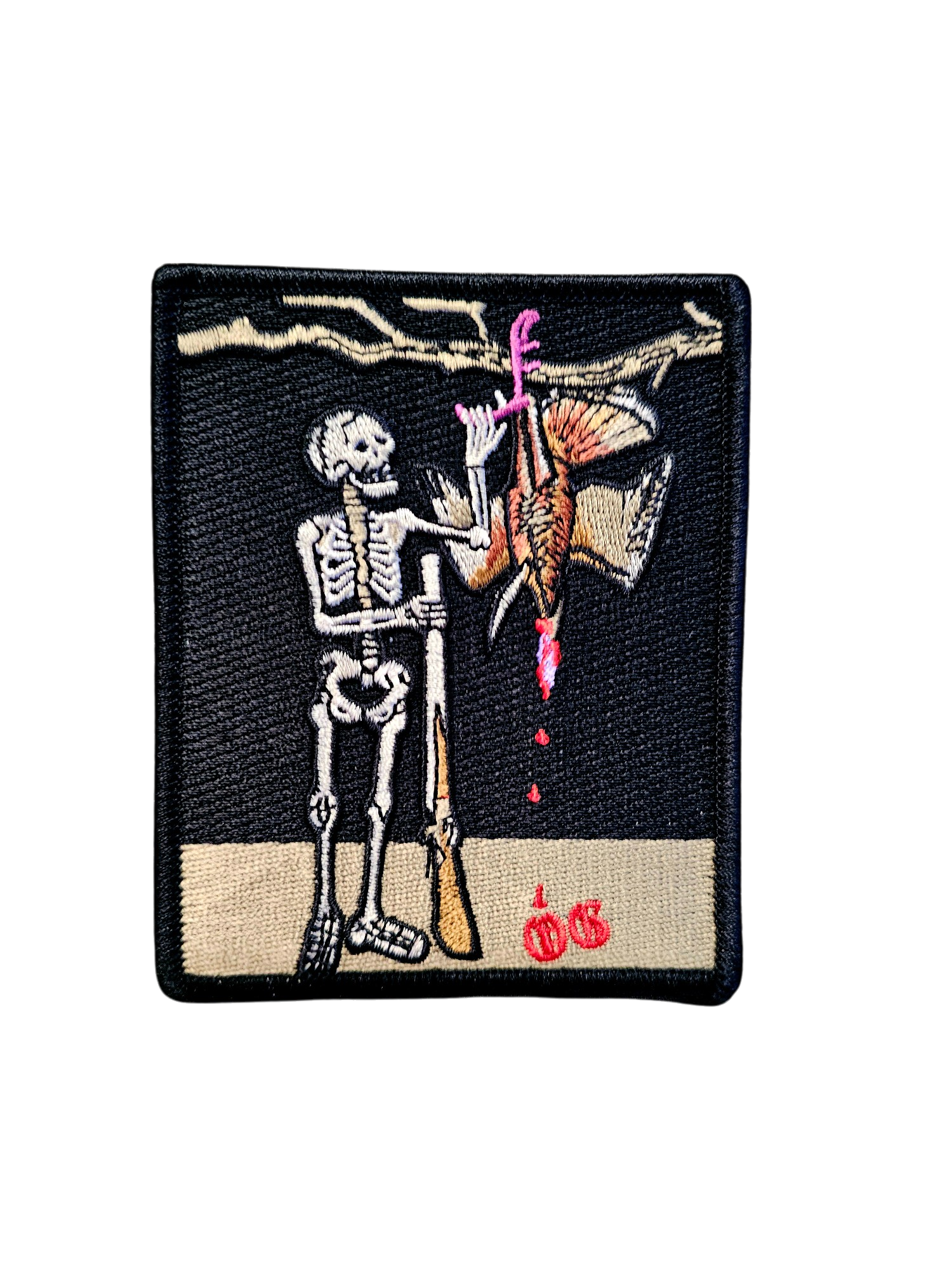        |
Lessons my first yearStarted by Tidewater Tom, May 10, 2017, 09:38:01 PM Previous topic - Next topic
User actions
|
        |
Lessons my first yearStarted by Tidewater Tom, May 10, 2017, 09:38:01 PM Previous topic - Next topic
User actions
|